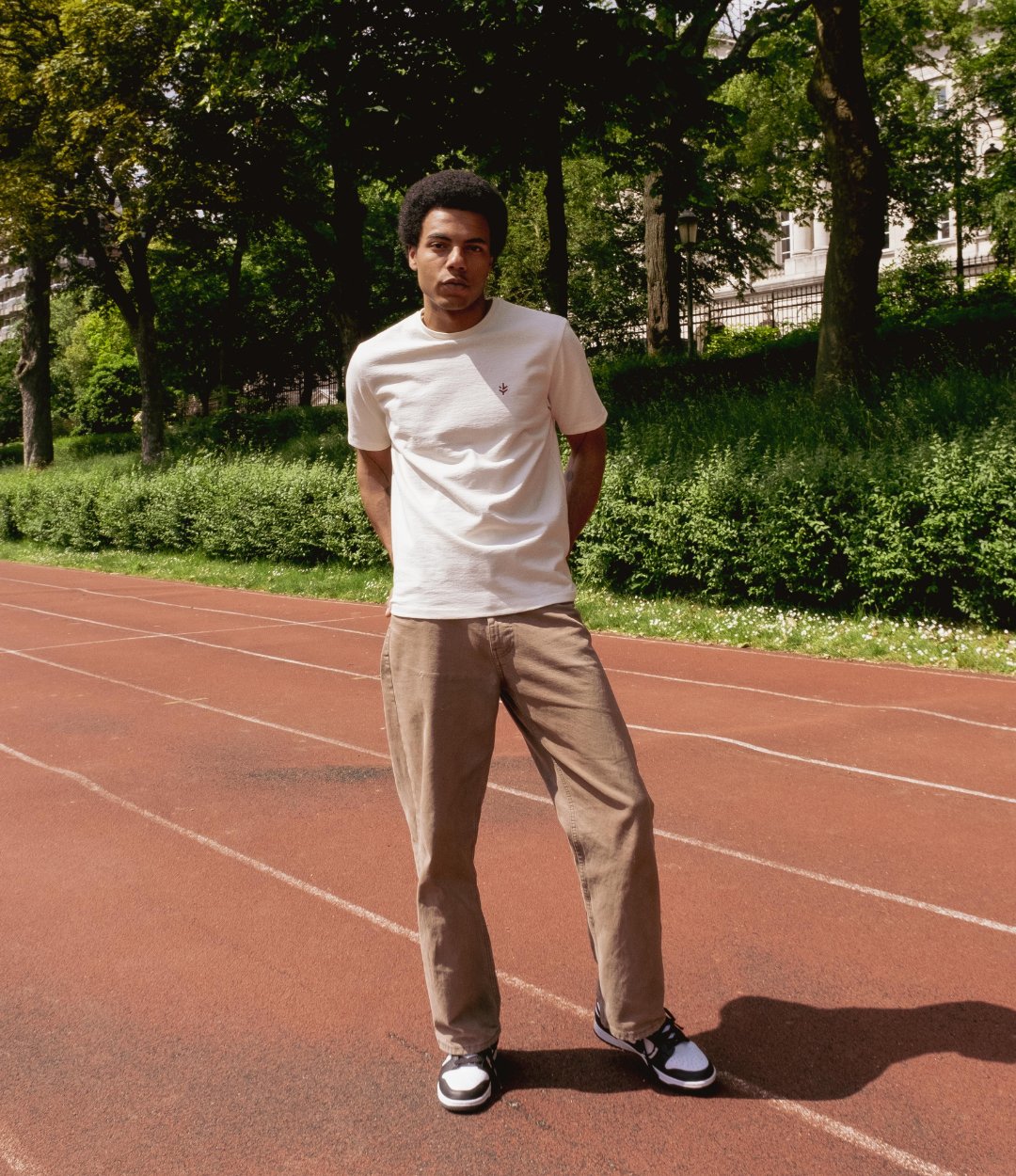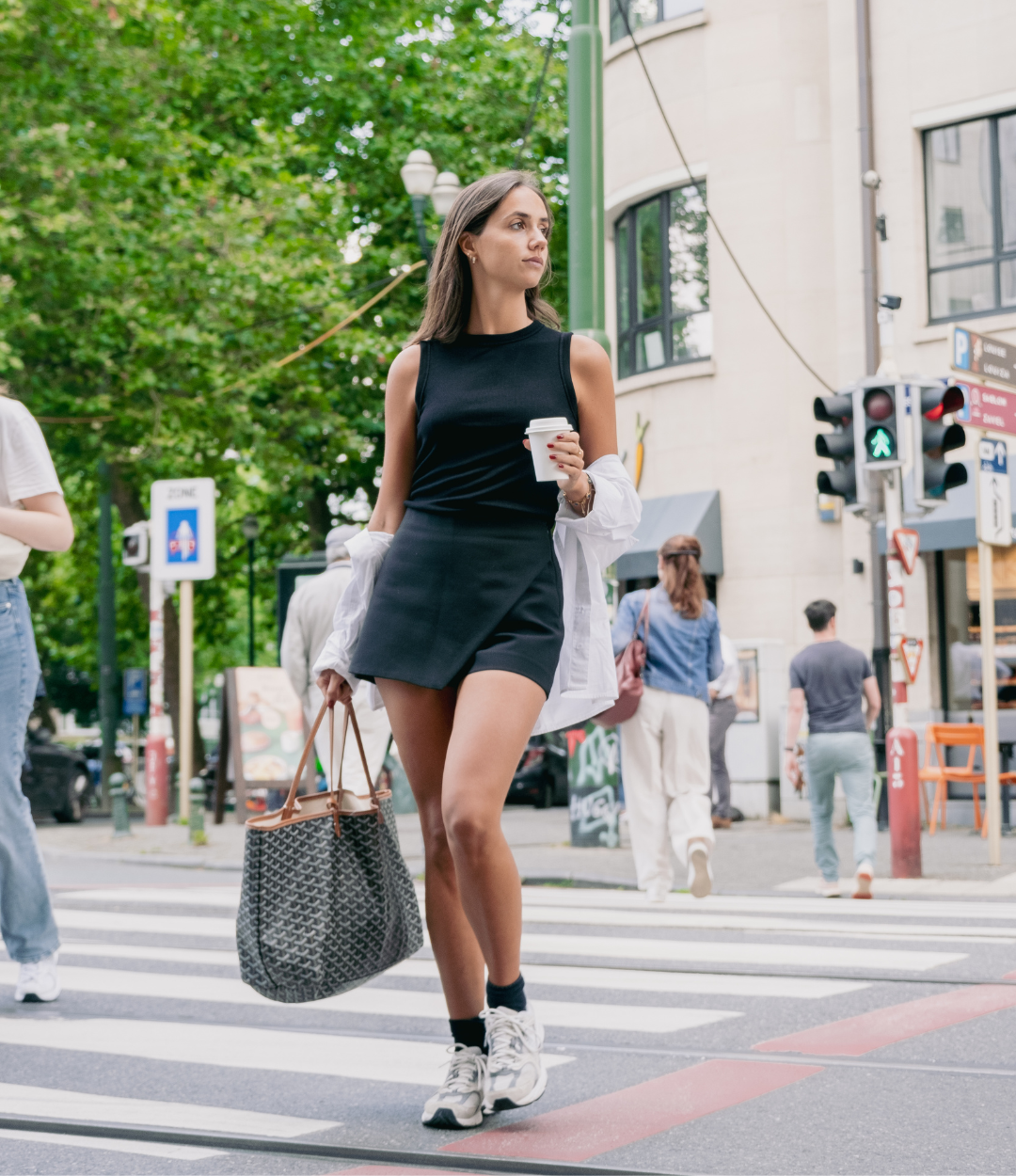Who is behind our clothes?
Suppliers
Confection
Finishing
If some people keep the list of their partners secret for fear of having their good addresses stolen, we reveal it precisely to put them forward.
Transparency to be sure of what we are doing
-
Currently, it is complicated to know exactly what clothes are made of and the conditions in which they are produced. The clothing industry is an immense chain of work whose links are often located in the four corners of the planet. The task is therefore complex for brands to have control over their production stages. This opens the door to the omission of information or even worse, greenwashing (disturbing music).
-
We want to be sure of what we are doing and to be able to offer a real alternative in which we can have confidence. Transparency is a strength and we intend to use it well.
-
This is why we favor the most local collaborations possible . Having our production stages within a restricted scope allows us to ensure that production conditions respect a list of strict criteria but above all, allows us to be able to regularly visit our manufacturers . And at this rate, we might quickly become best friends.




















